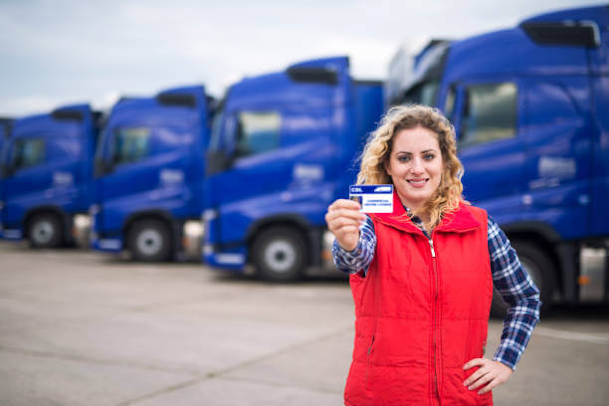Are you thinking about getting into the trucking industry and wondering if it pays off? Let’s dive into the world of HC licence training and explore what kind of earning potential awaits once you're fully licensed. Whether you're switching careers, upgrading your licence, or just starting out, understanding the financial benefits can help steer your decision in the right direction.
Why HC Licence Training is a Smart Move
Getting an HC (Heavy Combination) licence opens the door to driving prime movers with a single semi-trailer or heavy rigid vehicles towing trailers. This level of licensing is in high demand across Western Australia and beyond, especially in industries like logistics, agriculture, construction, and mining. HC drivers are crucial to transporting goods over long distances and play a vital role in the Australian economy.
With HC licence training, you're not just learning how to drive big trucks; you're gaining access to a reliable, well-paying career path. In fact, HC drivers in WA can expect to earn between $70,000 and $110,000 per year, depending on experience, routes, and employers. Those willing to take on remote or long-haul routes can earn even more.
What Affects Earning Potential?
Several factors influence your income after completing HC licence training:
Experience level: New drivers may start on the lower end of the scale but can quickly move up with consistent performance.
Location: Remote areas or mining regions often pay higher wages.
Type of employer: Working with major logistics firms or government contracts can increase earning potential.
Flexibility: Willingness to take on night shifts, weekends, or interstate routes can boost your income.
Combining HC Licence Training with a Driver Training Course
Many new drivers enhance their HC qualification by enrolling in a driver training course. These courses go beyond the basics, offering defensive driving, safety techniques, and vehicle maintenance training. The more comprehensive your skills, the more attractive you are to employers. Plus, you’re not just licensed—you’re job-ready from day one.
Employers are increasingly looking for drivers who can do more than just operate a vehicle. Being able to troubleshoot minor issues, understand route planning, and maintain safety standards puts you in a higher earning bracket.
Career Progression After HC Licence Training
One of the best parts about starting with HC licence training is the potential to progress. Many drivers begin with HC and later upgrade to more advanced licences. You may find yourself drawn toward MC truck licence training, which allows you to operate multi-combination vehicles like road trains.
Drivers who complete MC truck licence training are among the highest earners in the transport industry, often commanding salaries of $120,000 or more annually. If you enjoy the open road and are looking for long-term career growth, this is a logical next step after HC.
Job Stability and Work-Life Balance
Unlike many industries that face seasonal fluctuations or economic downturns, the transport sector remains stable. Australia’s need for goods delivery never stops, and with the surge in online commerce and interstate freight, HC drivers are more valuable than ever.
Many employers offer flexible shifts, weekend work, or set schedules that allow drivers to maintain a work-life balance while still earning a solid income. It’s one of the few trades where you can have job security and financial independence without a university degree.

Why Choose BigRigTrainingWA for Your HC Licence Training?
If you’re looking to get started with your HC licence journey, BigRigTrainingWA is your go-to training provider. With experienced instructors, modern vehicles, and industry-aligned training methods, you’ll gain the skills and confidence needed to succeed in the trucking world.
BigRigTrainingWA doesn’t just focus on passing the test. They ensure you understand real-world driving conditions, safety compliance, and operational procedures that make you job-ready. Graduates often find work quickly thanks to the school’s reputation and network in the transport industry.
In summary, completing HC licence training is more than just getting a piece of paper—it’s a step into a lucrative, stable, and fulfilling career. With the right training, tools, and mindset, you could be well on your way to earning top dollar in one of Australia’s most essential industries.


Comments
Post a Comment